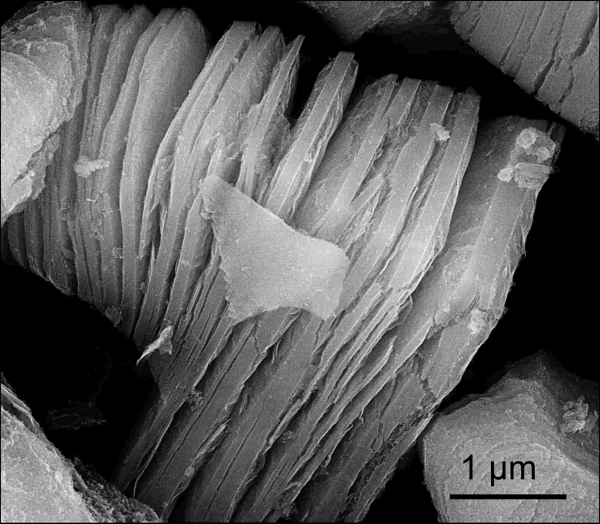In this new paper from a collaboration of researchers of CNR-ISM, University of Vienna, Université Grenoble Alpes e RWTH Aachen University, and published in Physical Review B, a new phase transition is reported in a 2D MXene 2D of titanium carbide, with possible sliding ferroelectricity.
Titanium carbide MXene is a 2D material consisting of metallic sheets, few atomic layers thick, stacked like reams where the paper sheets can easily slide with respect to each other. A phase transition has been revealed above room temperature as a sudden softening of the elastic modulus of self-standing films.
It is argued that it should be a new type of ferroelectricity recently discovered in bilayers of other types of 2D materials, where a polarization is generated between the layers sliding with respect to each other.
The sliding ferroelectricity is studied with sophisticated techniques at the nanoscale and promises exceptional improvements in ferroelectric memories and nanoelectronics. If the new transition, detected by simply measuring the Young’s modulus of a thick film, will be confirmed to be sliding ferroelectricity, this new type of functionality will be added to the already numerous applications of MXene. In fact, thanks to their ability to intercalate ions and molecules between the sheets and their excellent electrical conductivity, MXenes are studied for applications in lithium batteries, hydrogen storage, catalysis, and many others.
For further information, please contact: Francesco Cordero


 English (UK)
English (UK)  Italiano (Italia)
Italiano (Italia)